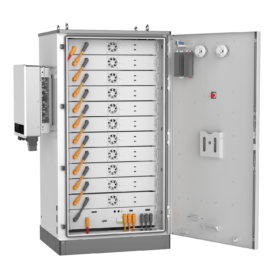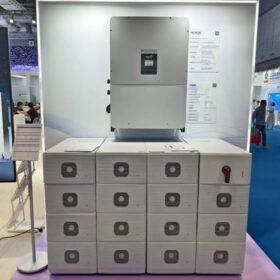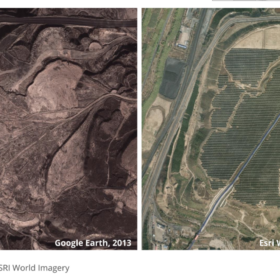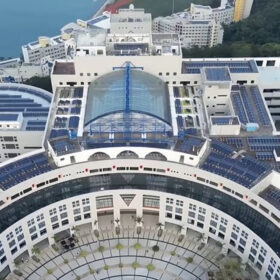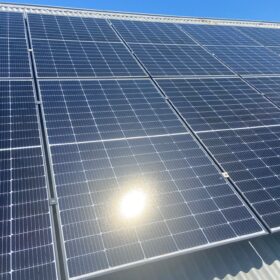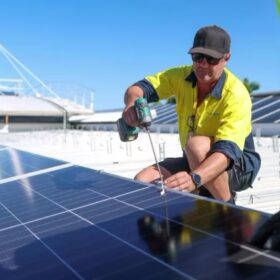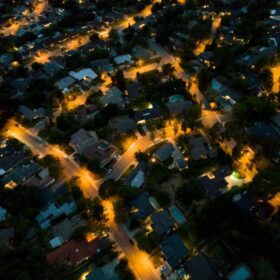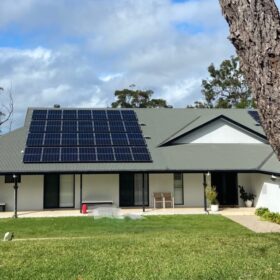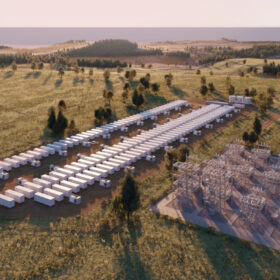GoodWe releases 112 kWh storage system for C&I solar
GoodWe has launched a 112 kWh battery energy storage system for commercial and industrial solar projects, featuring 96% round-trip efficiency and a 6,000-cycle lifespan. The system allows parallel connection for up to 450 kWh of total capacity.
Fox ESS unveils hybrid high-power inverter for C&I applications
Fox ESS has launched a hybrid high-power inverter for commercial and industrial use, with parallel operation of up to 10 units enabling 1.25 MW output and 7.2 MWh storage. The Chinese manufacturer says the system offers 97.6% European efficiency and 98.2% peak efficiency.
Abandoned coalmines could host 10% of global solar capacity
A survey of mines closed since 2020 and those planned to close by 2030 present an opportunity for installing nearly 300 GW solar on already-developed lands, finds a report from Global Energy Monitor.
US residential solar on the brink of collapse
United States residential solar is on a downturn and it may soon get worse. In a shock for the industry, the latest draft of the One Big Beautiful Bill Act excludes residential solar lease providers from the Investment Tax Credit.
Rooftop PV may ‘unintentionally’ exacerbate urban heat
New research from Hong Kong confirms that rooftop PV systems could raise daytime temperatures in urban environments. The scientists explained that although their findings highlight important urban resilience considerations, they should not detract from the broader benefits of PV systems for energy sustainability and carbon reduction.
Solar electroluminescence image noise filtered by new deep learning method
University of New South Wales researchers have developed a simplified residual network-based architecture method to filter out noise from electroluminescence images of solar modules.
Report reveals Sydney potential for 21 GW renewable energy zone
A new report calls for mandated solar installations on all new residential and industrial buildings in Sydney to help transform the city into an urban renewable energy zone capable of generating three quarters of its annual energy needs.
Queensland airport lands on rooftop solar to help power operations
A major Queensland airport has landed on rooftop solar to help power its operations with a new 190 kW PV installation now officially generating renewable energy at Sunshine Coast Airport.
Deakin puts peer-to-peer trading of excess solar to test
Researchers at Deakin University have launched a first-of-its-kind project exploring how Australian households and small businesses with solar and or battery systems can sell their excess clean energy to others without the technology.
Rooftop installs rebound but battery program takes bite
Australia’s rooftop solar market has climbed by 6% in the past month with the latest data revealing that 235 MW of small-scale rooftop PV capacity was installed on household and business roofs across the country in May 2025.
